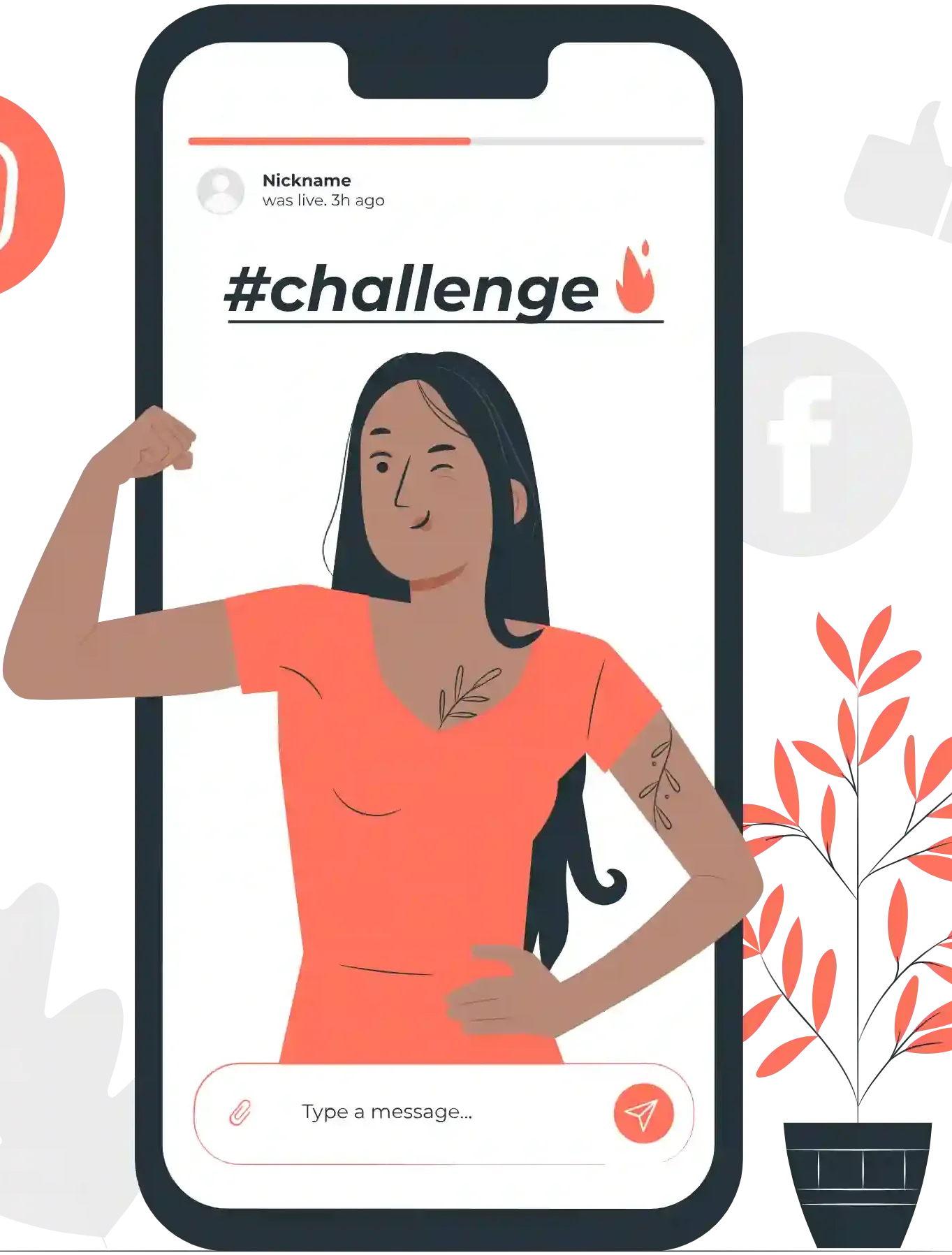
Online counselling has gained immense popularity in recent years, and for good reason. With growing accessibility, the convenience of scheduling, and the ability to connect with professionals from the comfort of your home, online counselling has revolutionized mental health care. But is it truly effective? Experts and research point to a resounding “yes,” with evidence supporting its ability to deliver impactful results. Here’s an in-depth look at the effectiveness of online counselling and what professionals have to say.
What Makes Online Counselling Effective?
1. Convenience and Accessibility
One of the standout benefits of online counselling is its accessibility. Whether you’re in a bustling city or a remote village, online therapy sessions provide you with a way to connect with a qualified online counsellor. This eliminates the need for travel, making mental health care available to those who might otherwise struggle to access it due to location or mobility issues.
2. Comparable to In-Person Therapy
Numerous studies indicate that online counselling is as effective as face-to-face sessions for various issues, including anxiety, depression, and stress management. A 2020 meta-analysis published in The Journal of Anxiety Disorders found that online therapy showed similar results to traditional therapy methods in improving mental health outcomes.
3. Comfort and Anonymity
For many, the idea of sitting in a waiting room or meeting a therapist in person can feel intimidating. Online counselling offers a layer of privacy and anonymity that allows individuals to open up more freely. This comfort can significantly impact how honest and vulnerable people feel during their sessions, contributing to better therapeutic progress.
Expert Insights on Online Counselling
1. Flexible Modalities
Dr. Meera Sharma, a seasoned online psychologist, emphasizes that online platforms allow therapists to use various modalities like Cognitive Behavioral Therapy (CBT), solution-focused brief therapy, and mindfulness training. “The flexibility of online tools often enhances the therapeutic process,” she notes.
2. Stronger Therapist-Client Connection
Contrary to popular belief, building rapport isn’t compromised online. Many therapists report forming deep and meaningful connections with their clients through video sessions. The key, experts say, lies in maintaining professionalism, empathy, and active engagement during every session.
3. Support Between Sessions
Online counselling platforms often include tools like chat support, journaling apps, or guided resources, which help clients stay connected to their therapist between sessions. These resources enhance therapy’s impact and foster a sense of continuous support.
How Does Online Counselling Work?
1. Initial Consultation
The process often begins with an initial session where the therapist and client discuss goals, concerns, and the best approach for treatment.
2. Sessions via Video or Audio
Clients typically connect with their therapists via secure video or audio calls. Platforms ensure confidentiality through encrypted technologies.
3. Ongoing Assessment
Progress is regularly evaluated, and sessions are tailored to meet the evolving needs of the client.
Advantages of Online Counselling
1. Affordable Options
Online therapy often costs less than in-person counselling, making it an economical choice for those seeking professional help.
2. Time-Saving
Scheduling is more flexible, and there’s no commute involved, saving both time and energy.
3. Global Access
You’re not limited to local therapists. You can seek help from an online therapist in India or abroad, allowing you to find the best fit for your needs.
Potential Limitations and Solutions
1. Technology Challenges
Internet connectivity or technical glitches can disrupt sessions. Experts recommend ensuring stable connections and having a backup communication method, such as phone calls.
2. Suitability for Severe Issues
While effective for many concerns, online counselling might not be suitable for severe mental health crises. In such cases, in-person intervention may be necessary.
3. Distractions at Home
Finding a quiet, private space for therapy can be challenging for some. Setting boundaries and scheduling sessions at convenient times can address this issue.
Expert-Backed Tips for Maximizing Online Counselling Effectiveness
- Prepare for Sessions: Have a list of topics or concerns ready to discuss with your therapist.
- Be Consistent: Regular attendance ensures better results.
- Communicate Openly: Share feedback about what’s working and what’s not.
- Create a Safe Space: Ensure you’re in a distraction-free environment during sessions.
FAQs About Online Counselling
1. Is online counselling as effective as face-to-face therapy?
Yes, numerous studies confirm that online counselling delivers comparable results to traditional therapy for a variety of issues. It’s particularly effective for concerns like anxiety, depression, and stress.
2. What kind of issues can online counselling address?
Online counselling can help with a wide range of concerns, including relationship challenges, career stress, self-esteem issues, trauma recovery, and more.
3. How do I choose the right online counsellor?
Look for licensed professionals with expertise in the area you need help. Reading reviews and verifying credentials can help you make an informed choice.
4. What technology do I need for online therapy sessions?
A stable internet connection, a device with a camera and microphone, and a private space are essential. Most platforms work well on smartphones, tablets, or laptops.
5. Can I combine online counselling with in-person sessions?
Yes, many therapists offer a hybrid approach, allowing you to benefit from both methods based on your preferences and needs.
Conclusion
Online counselling has emerged as a powerful, effective way to access mental health care. From its flexibility to its ability to create meaningful therapeutic relationships, it’s clear why so many people are turning to online therapy sessions for support. Whether you’re seeking guidance for stress, relationships, or personal growth, online counselling offers a solution that’s as accessible as it is impactful.


